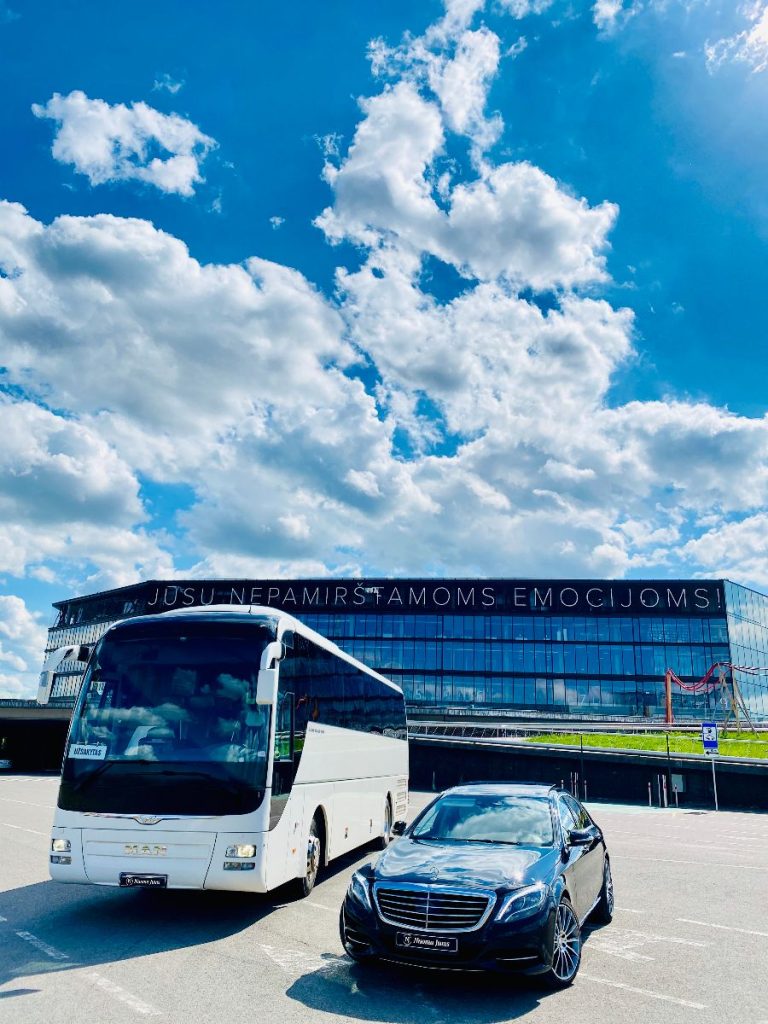Riding Towards Progress – Impact of Alytus-Vilnius Bus Services
The introduction of enhanced bus services between Alytus and Vilnius has significantly transformed the region’s transport dynamics, fostering economic growth, increasing accessibility, and improving the quality of life for residents. This strategic connection between the two cities, serving as a vital transportation link, enables seamless travel for commuters, students, and tourists alike, contributing to the social and economic fabric of the area. The bus services not only provide an efficient means of transportation but also serve as a catalyst for regional development, underscoring the importance of public transport in modern society. The Alytus-Vilnius bus route plays a crucial role in enhancing mobility for individuals who rely on public transport for their daily commutes. With the rise of remote work and the growing trend of urban migration, the demand for reliable and affordable transport options has never been more critical. The introduction of frequent and punctual bus services has addressed these needs, enabling people from Alytus to easily travel to Vilnius for work or study.

This accessibility encourages individuals to seek employment opportunities in Vilnius while maintaining their residence in Alytus, effectively bridging the gap between urban and rural life. Furthermore, the availability of comfortable and modern buses equipped with amenities such as Wi-Fi and charging ports has made long-distance travel more appealing, particularly for younger generations who value connectivity. The economic impact of these bus services cannot be understated. Businesses in Alytus benefit from increased foot traffic, as residents are more likely to shop and dine locally before or after their trips to Vilnius. Conversely, businesses in Vilnius can attract more customers from Alytus, broadening their market base. Additionally, the improved transport links can encourage investment in infrastructure and services in the Alytus region, as developers recognize the potential for growth fueled by a more connected population. Socially, the bus services foster a sense of community by making it easier for families and friends separated by distance to visit each other.
The ability to travel without the constraints of personal vehicle ownership reduces barriers to social interactions, enriching the lives of residents. Furthermore, the accessibility of the autobusas alytus vilnius services for individuals with limited mobility or those without access to personal vehicles promotes inclusivity, ensuring that all members of society can participate in social and economic activities. By promoting public transport over private vehicle use, these services contribute to reducing traffic congestion and lowering carbon emissions. As cities strive to meet climate goals, encouraging bus ridership presents a practical solution to promote greener transportation options. The buses operate on schedules that encourage regular use, providing a reliable alternative for those who might otherwise opt for personal cars. In conclusion, the Alytus-Vilnius bus services represent a vital advancement in the region’s transportation infrastructure. By enhancing connectivity, boosting economic activity, fostering social interactions, and promoting environmental sustainability, these bus routes have made a lasting impact on the lives of residents.